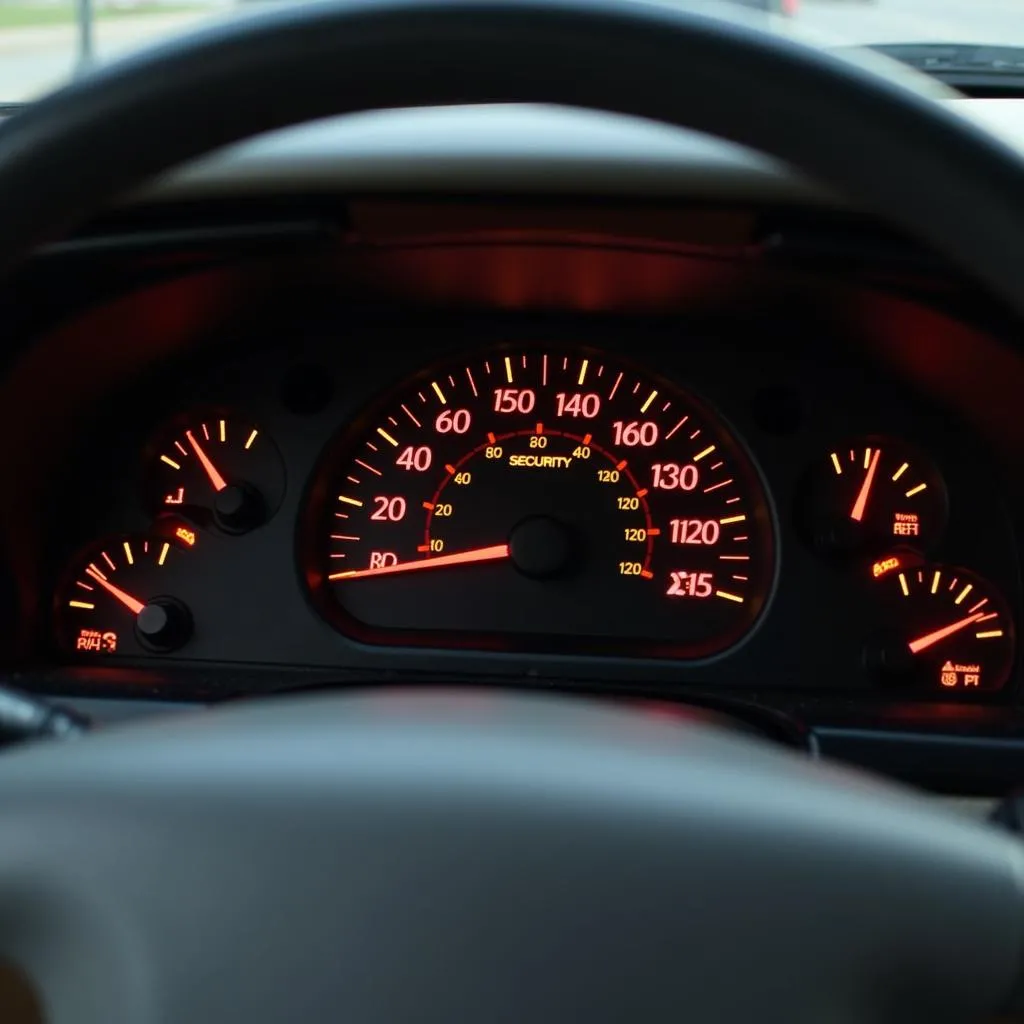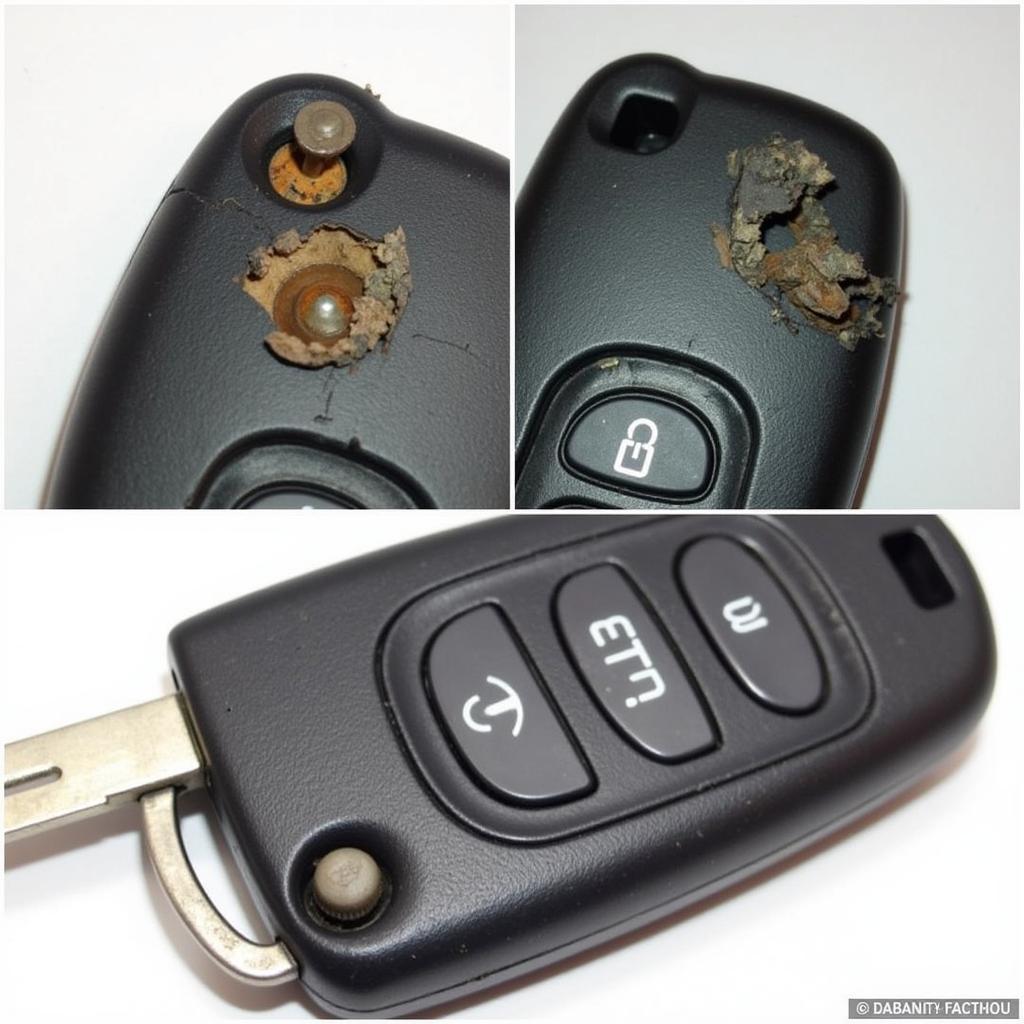The brake pad warning light, often symbolized by a circle with parentheses on either side and an exclamation point in the middle, is a crucial safety feature in your VW. When illuminated, it signals that your brake pads have worn down to a point where they require immediate attention. Ignoring this warning can lead to costly repairs and compromise your safety on the road.
Understanding Your VW’s Brake System
Your VW’s braking system is a complex network of components working together to ensure safe and efficient stopping power. At its core are the brake pads, responsible for clamping down on the brake rotors to create friction and slow the vehicle. As you apply the brakes, these pads gradually wear down over time.
Causes of the Brake Pad Warning Light
The most common reason for the brake pad warning light to illuminate is worn-down brake pads. However, several other factors can also trigger this warning:
- Worn Brake Pad Sensor: Most modern VWs are equipped with brake pad wear sensors. These sensors are small metal tabs embedded within the brake pad material. When the pad wears down to a certain level, the sensor comes into contact with the brake rotor, completing a circuit and triggering the warning light on your dashboard.
- Faulty Brake Pad Sensor: While less common, a malfunctioning brake pad sensor can also illuminate the warning light, even if your brake pads are still in good condition. This can occur due to damage to the sensor wiring or a faulty sensor itself.
- Low Brake Fluid Level: Your VW’s brake system relies on hydraulic pressure generated by brake fluid to function correctly. If the brake fluid level drops below a certain point, it can trigger the brake pad warning light. This usually indicates a leak in the brake system, requiring immediate attention.
- Electrical Issues: In some cases, electrical problems within the brake system, such as a short circuit or a blown fuse, can cause the brake pad warning light to come on erroneously.
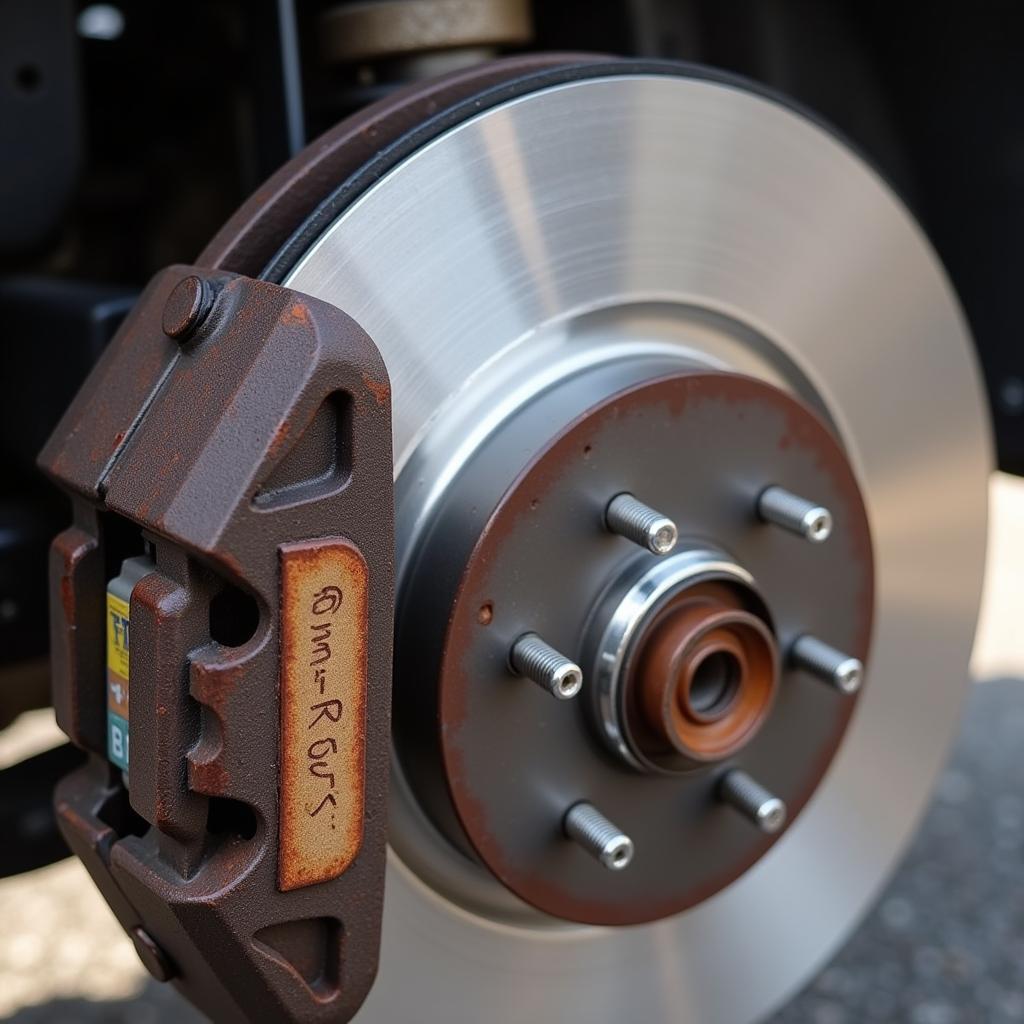 VW Brake Pad Wear Sensor
VW Brake Pad Wear Sensor
What to Do When the Brake Pad Warning Light Comes On
If your VW’s brake pad warning light illuminates, it’s crucial to address the issue promptly. Here’s what you should do:
- Assess Your Braking Performance: Pay close attention to how your brakes feel. Do you hear any unusual noises like grinding or squealing when applying the brakes? Does the brake pedal feel spongy or require more pressure than usual to slow down the vehicle? If you notice any significant changes in braking performance, it’s essential to stop driving immediately and have your car towed to a mechanic.
- Check Your Brake Fluid Level: Park your car on a level surface and locate the brake fluid reservoir under the hood. Consult your owner’s manual for its exact location. Carefully remove the reservoir cap and check the fluid level. It should be between the minimum and maximum markings. If the fluid level is low, there might be a leak in the system.
- Inspect Your Brake Pads: If you’re comfortable with basic car maintenance, you can visually inspect your brake pads. Look through the spaces between the spokes of your wheels to get a view of the brake caliper and pads. The outer pad material should be at least 1/4 inch thick. If you notice significantly thinner pads or metal-on-metal contact, it’s time for a replacement.
- Seek Professional Help: If you’re unsure about any of the above steps or suspect a more complex issue, it’s always best to err on the side of caution and consult a qualified mechanic. They can properly diagnose the problem and perform the necessary repairs.
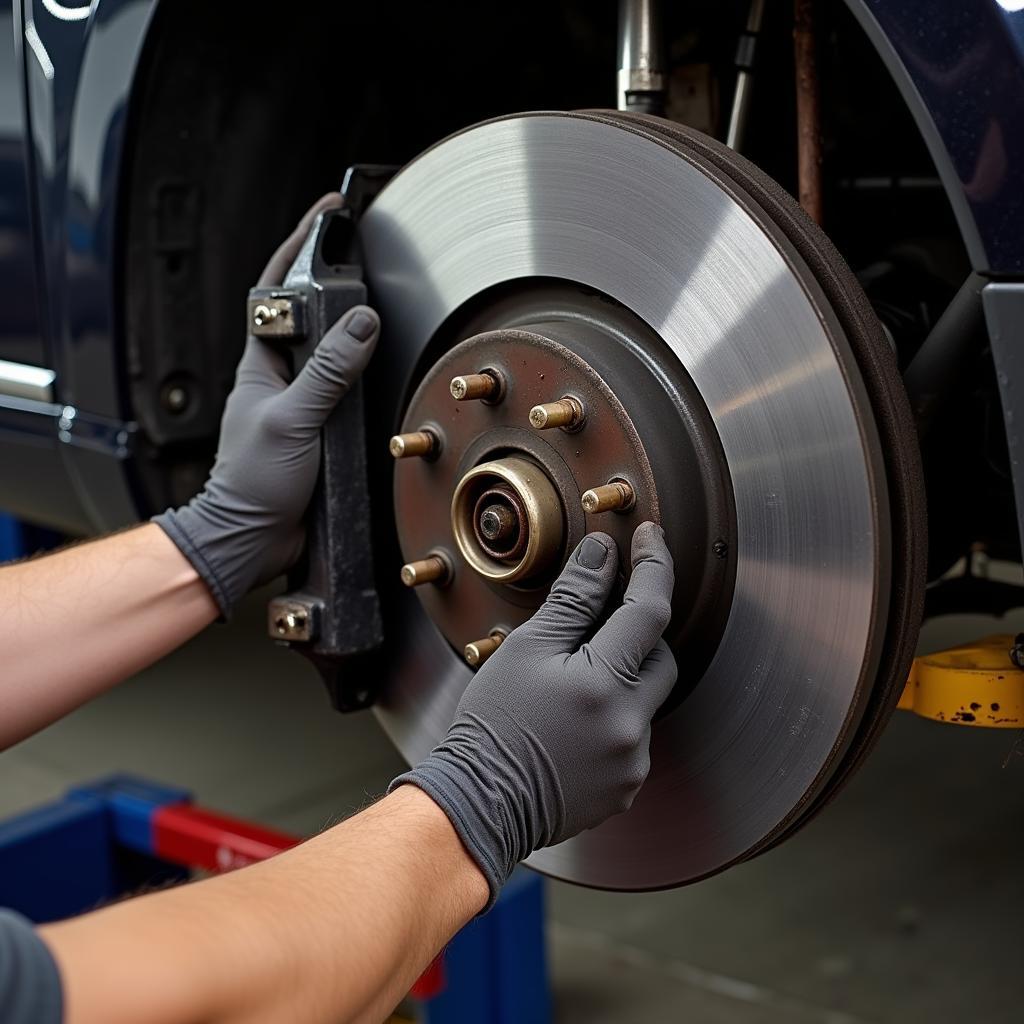 VW Brake Pad Replacement
VW Brake Pad Replacement
The Importance of Timely Brake Pad Replacement
Timely brake pad replacement is crucial for maintaining optimal braking performance and ensuring your safety on the road. Driving with worn-out brake pads can have serious consequences:
- Reduced Braking Efficiency: Worn-out brake pads significantly reduce your VW’s ability to stop effectively, increasing the risk of accidents.
- Damage to Brake Rotors: Driving with worn pads can cause the metal backing plate to rub against the brake rotors, leading to costly rotor damage that may require replacement.
- Increased Repair Costs: Ignoring a brake pad warning light can lead to more extensive and expensive repairs down the line. Addressing the issue promptly can save you money in the long run.
Remote Diagnostics and Software Solutions
Advancements in automotive technology have paved the way for remote diagnostics and software solutions, even for issues like brake pad warnings. Some VW models allow for remote diagnostics, enabling technicians to assess your vehicle’s health remotely and identify potential issues, including those related to your brakes.
“Remote diagnostics can be a game-changer for brake pad issues,” says John Smith, Senior Automotive Engineer at XYZ Automotive. “By analyzing data from your vehicle’s sensors, we can often determine if the warning light is due to genuine pad wear or a sensor malfunction, saving you unnecessary trips to the mechanic.”
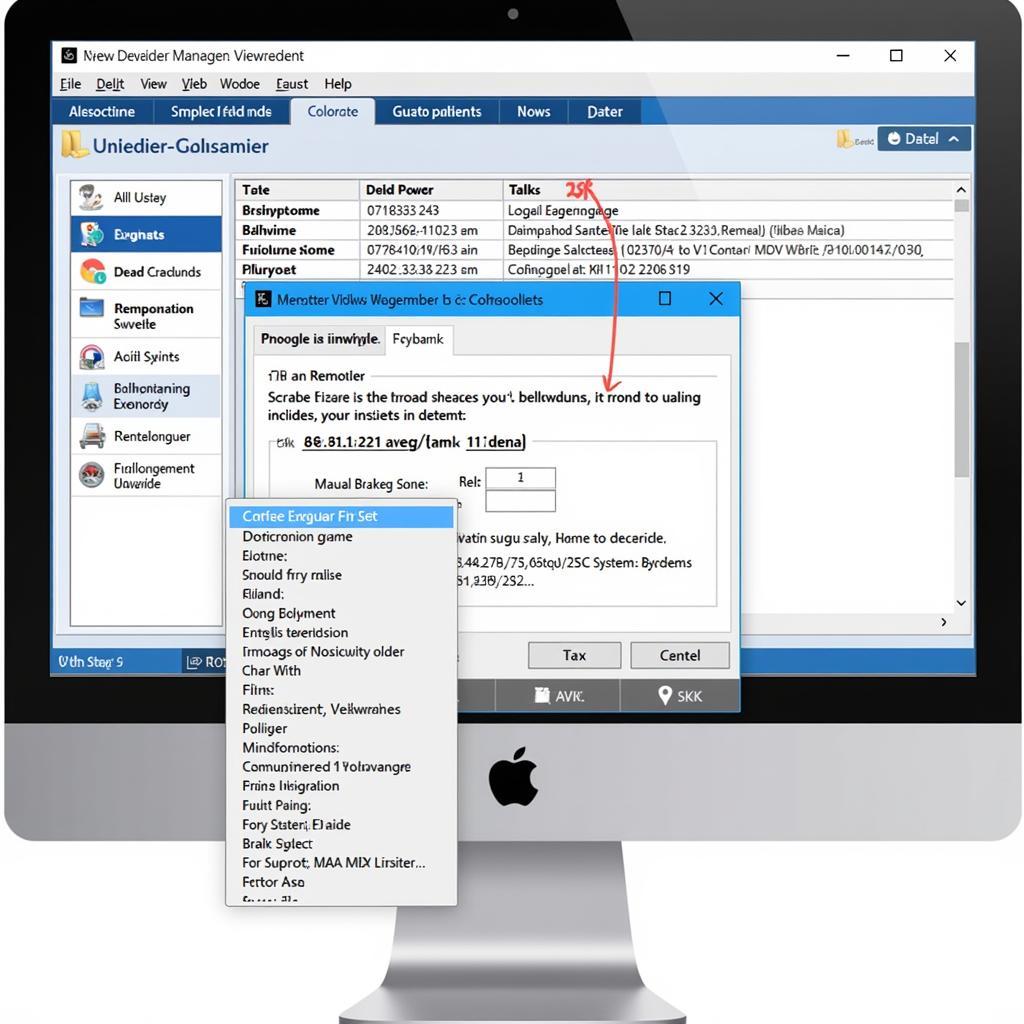 VW Remote Diagnostics
VW Remote Diagnostics
While remote diagnostics can’t physically replace worn brake pads, they can provide valuable insights and help determine the best course of action.
Conclusion
The brake pad warning light in your VW is a crucial safety indicator that should never be ignored. Understanding its causes and knowing how to respond can save you from potentially dangerous situations and costly repairs. Regular vehicle maintenance, including timely brake pad replacements, is essential for ensuring optimal braking performance and your safety on the road. When in doubt, always consult a qualified mechanic to diagnose and address any issues with your VW’s braking system.

